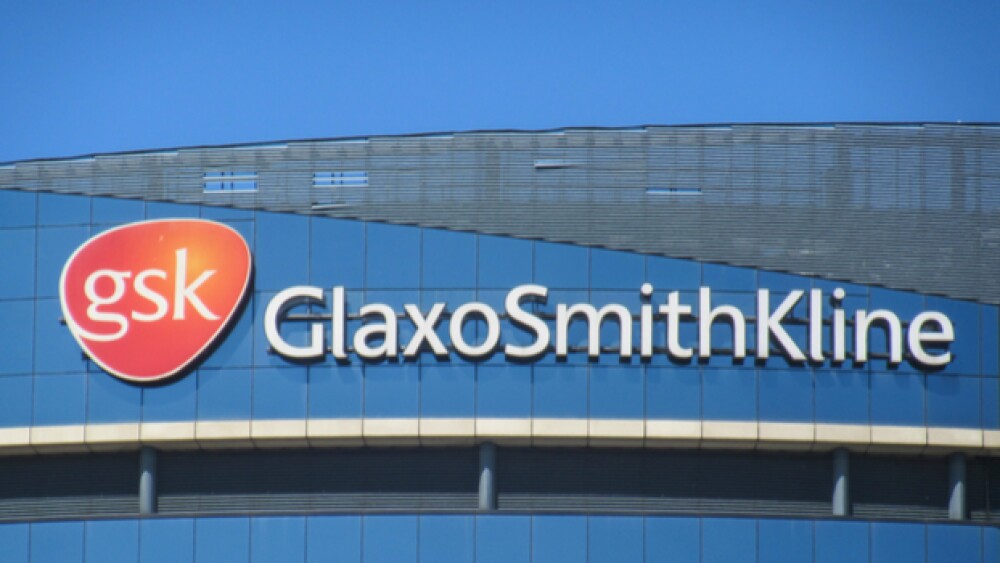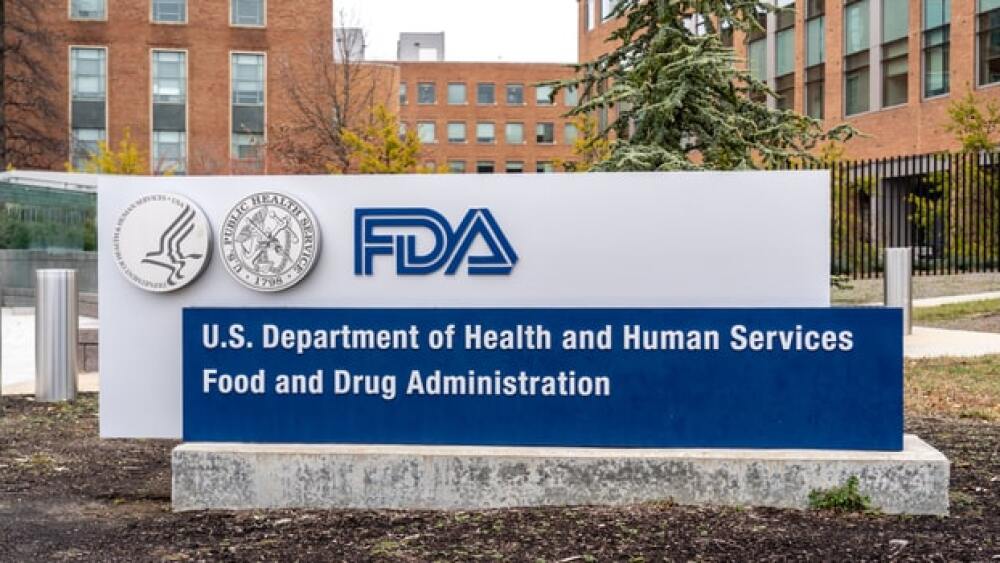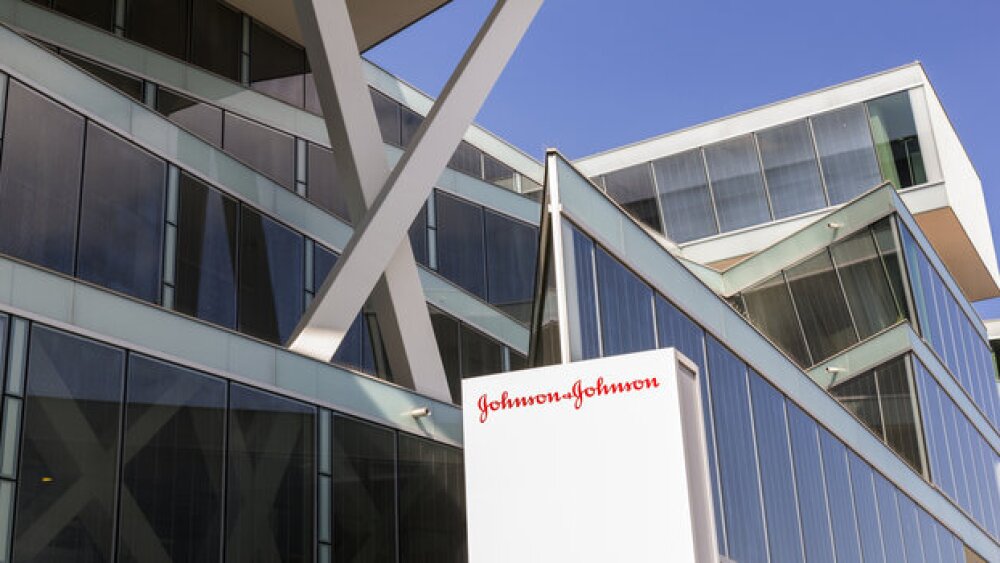The vaccines are for Ebola Zaire, Ebola Sudan and the Marburg virus. Currently no licensed vaccines against these three viruses are available. All three diseases have a death rate of about 50%.
Willy Barton / Shutterstock
Despite an ongoing Ebola epidemic in the Democratic Republic of Congo, GlaxoSmithKline (GSK) is abandoning its work on three vaccines against Ebola and Marburg viruses. It is transferring the work to the Sabin Vaccine Institute in Washington, DC. The company indicates there is no financial component of the transfer.
The vaccines are for Ebola Zaire, Ebola Sudan and the Marburg virus. Currently no licensed vaccines against these three viruses are available. All three diseases, which cause hemorrhagic fevers, have a death rate of about 50%. In the ongoing Democratic Republic of Congo outbreak of Ebola Zaire, more than 1,600 people have died so far.
Under the agreements, Sabin exclusively licensed the technology on all three vaccine candidates as well as certain patent rights specific to the vaccines. All three were collaboratively developed in the beginning by the U.S. National Institutes of Health and Okairos, which GSK acquired in 2013. The vaccines are based on GSK’s ChAd3 platform, and then further developed by GSK, including the Phase II development of the Ebola Zaire vaccine.
“As an organization committed to improving lives through immunization, Sabin is dedicated to preventing devastating outbreaks of the Ebola and Marburg viruses,” stated Amy Finan, Sabin’s chief executive officer. “Thanks to GSK’s longstanding engagement in global health, as well as its scientific expertise, the ChAd3 vaccine program is well-positioned to be an effective weapon in the global community’s arsenal against Ebola. Sabin appreciates GSK’s years of work to advance the ChAd3 Ebola program and the productive partnership the two organizations have established. Sabin plans to continue the development and seek regulatory approval of Ebola and Marburg vaccines with our shared goal of making them available to the millions of people potentially at risk.”
Sabin has signed a Research Collaboration Agreement with the Vaccine Research Center (VRC) at the National Institute of Allergy and Infectious Diseases (NIAID).
So far, the ChAd3-based vaccines against these three viral strains have shown a strong safety profile and encouraging immune-response data after being given to more than 5,000 adults and 600 children in 13 different clinical trials.
According to Reuters, GSK had postponed its Ebola vaccine work after it was unable to move the product through Phase III toward the end of the 2014 to 2016 epidemic because of decreasing numbers of Ebola cases.
Both Merck and Johnson & Johnson are developing potential vaccines against Ebola and have made more progress in clinical trials. Merck’s VSV EBOV is currently being utilized in the Congo outbreak.
In June, it was reported that the Democratic Republic of Congo Ebola epidemic had spread over the border into Uganda. As a result, Uganda health authorities approved the use of three experimental Ebola treatments. Those treatments were Mapp Biopharmaceutical’s ZMapp, Regeneron Pharmaceuticals’ REGN-EB3, and Gilead Sciences’ Remdesivir.
ZMapp was created via a collaboration between Mapp Biopharmaceutical, LeafBio in San Diego, Defyrus, in Toronto, Canada, the U.S. government and the Public Health Agency of Canada (PHAC). It is made up of three humanized monoclonal antibodies and is manufactured in the tobacco plant, Nicotiana.
Regeneron’s experimental Ebola treatment also combines three fully-human monoclonal antibodies. The company reported in May 2018 that it was shipping the therapeutic to the Democratic Republic of Congo, which was one of three being evaluated by a panel of independent experts brought together by the WHO.
Gilead’s drug came out of collaboration with the U.S. Centers for Disease Control and Prevention (CDC) and the U.S. Army Medical Research Institute for Infectious Diseases (USAMRIID) begun in 2014. It is a prodrug that is processed in the body to crease an active drug. The drug is believed to work by blocking a key enzyme the Ebola virus needs for replication.
In May, WHO indicated it was running low on the Merck Ebola vaccine in Congo and was providing smaller vaccine doses and planned to use an experimental drug from Johnson & Johnson. Since August 2018, WHO indicates that 11,000 people in the Democratic Republic of Congo have been vaccinated, but new cases continue to be diagnosed.





